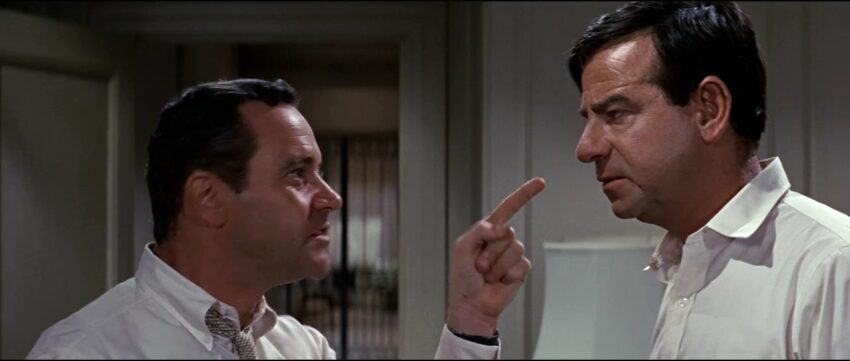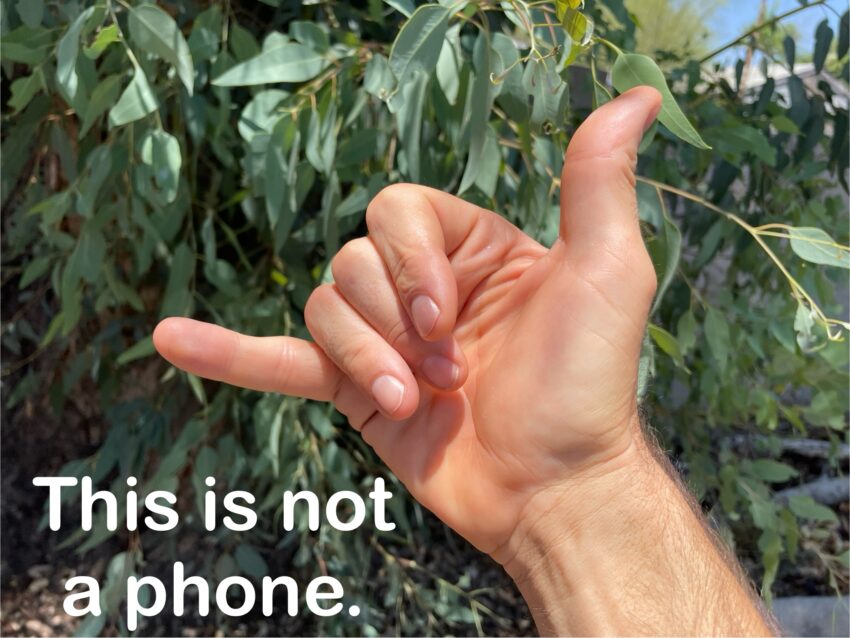Part one of the improviser’s job. I often think of the improviser’s job as consisting of three different parts, but using those three parts, you then must do a fourth thing, so maybe it’s really four? I’ll let you be the judge. In my most humble opinion, an individual improviser is simultaneously a writer, an actor, and…
Author: zackataca
CHARACTER VS. CARICATURE IN IMPROV
One is more grounded, and the other is larger than life. Both approaches offer unique strengths, and understanding how to effectively combine them can elevate your performance to new heights. Character work adds depth and relatability to a scene, creating a connection with the audience through authenticity. On the other hand, caricature’s exaggerated traits can…
Zack’s Ever-Growing List of Improv Games That He Likes
I coach an improv team and started a spreadsheet collecting the games that we play, some best practices, and variations. Take a look! What should I add?Here’s the link:Zack’s Ever-Growing List of Improv Games That He Likes
How to Start an Improv Scene: Premise and Discovery
I approach an improv scene in one of two ways, what I will call: premise and discovery. Premise Improv Let’s start with “premise.” When you start an improv scene with an idea about what you want the scene to be about, you’re starting with a premise. Your job is to efficiently and effectively communicate this…
SILLY IS SERIOUS
I taught an improv workshop this week called “Silly is Serious.” I thought of the title before I thought through the concept, but it was rooted in idea that to allow yourself to be silly is important. In my many years of teaching improv and circus arts, I have noticed that it can be quite challenging…
(try not to) SAY SOMETHING FUNNY!
I’m guessing it happens to every improviser at least once, and if you’re anything like me it happens a hell of a lot more than that: you’re on stage with a scene partner or two and you’re waiting for your turn to talk and you’re ready to talk because you thought of something to say…
Object Work in Improv
Object work: the oft overlooked and under-practiced piece of the fully armed improv arsenal. So many improv scenes, especially in an improviser’s beginner years, are what I call, “talking head scenes.” The two players in the scene usually stand 2-3 feet apart near the middle of the stage and proceed to have a conversation. All…
Improv Books – My Recommendations
The Classics When I first started doing improv, these were pretty much the only books out there. They have their uses, but they are most interesting to me as historical perspective. The History The Practical Guides These are the books that I refer back to the most when I feel stuck in a rut. Some…
Meditation as Play: The Playful Path to Profound Meditation
Meditation, often seen as a solemn and serious practice, is a journey within ourselves. In the quest for spiritual growth and emotional balance, we often forget that our minds are capable of playful exploration. The idea of approaching meditation as a game may seem contradictory to the conventional image of serenity and stillness, but it…
Tag! You’re it!: Why Teachers and Adults Should Join in Tag Games
We all know that play is an essential part of childhood. It’s how kids learn, develop social skills, and have fun. However, when it comes to games like tag, many adults often find themselves on the sidelines, watching kids run and laugh. But what if I told you that teachers and adults can reap numerous…




